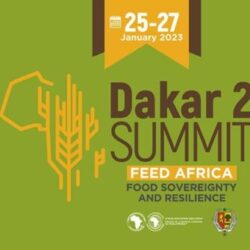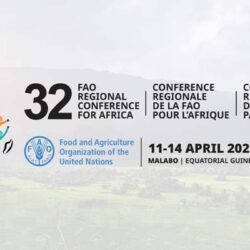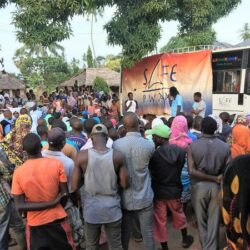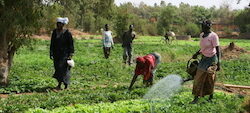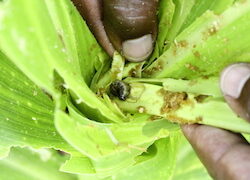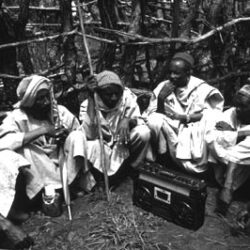Pan-African Farmers’ Organization attends the African Development Bank Dakar 2 Summit on “Feed Africa: Food Sovereignty and Resilience”
The PAFO seized the opportunity of the Summit to bring the voice of African farmers to the world leaders and participants in the Summit: AfDB and African Central Banks; National political authorities; Regional and continental economic integration institutions and partners.

